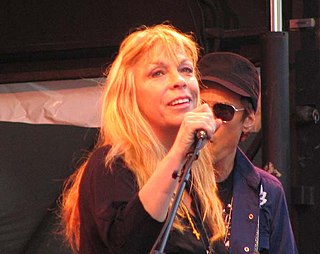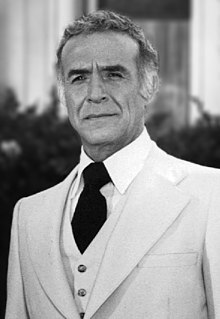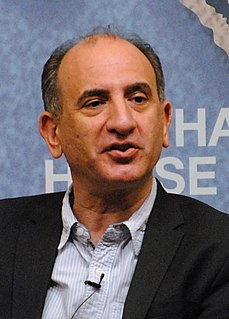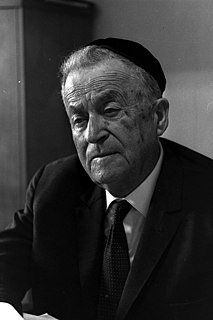A Quote by Jon Stewart
I'm also interviewing a guy who's just written a book about his experience living in Iraq, faced with the type of violence as he said, an unimaginable scale. And I think that the combination of that is very hard to shake.
Related Quotes
There's no violence worse than the violence of Iraq. For the last fifty years Iraq has been living a nightmare of violence and terror. It's been a horrible experience and people in Iraq will need a lot of time and work to get over the disastrous effects. But first we have to think about how to stop the violence, so that the bloodshed stops. In spite of everything, on the personal level I don't easily lose hope.
One of my great experiences in life was to be interviewed on a late-night talk show by a guy named Tom Snyder. He was interviewing me on a book I had written on the New Testament of the Bible called Rescuing the Bible from Fundamentalism, and we talked about the dating of the books of the New Testament, and I said, "Well, the consensus is that the gospels were written some forty to seventy years after the crucifixion." And he stopped me and said, "Wait a minute, Bishop, that means they couldn't have been written by eyewitnesses."
I think the key anecdote in the book is when Colin [Powell] and I were discussing Iraq. Colin was upstairs in the Treaty Room, in the residence. And he talks about his concerns about the use of military in Iraq. And I said I felt the same concerns, but it might be that we have to use it. In which case, he said, "I support you."
I'm really interested in violence. And I think there's an inevitably cinematic property that violence brings to the moviegoing experience. But one still has to be thoughtful and mature about how you depict it and how you think it through. You have to think about the effects that violence has on audiences, and it's deployed so casually that I think it's losing its meaning. And when things like violence and murder and the dehumanization of other people lose their meaning, then we're really kind of in a place where we have to reexamine and take a hard look at ourselves.
My grandfather was a Holocaust survivor and his life and history were very formative to myself and my family. The almost unimaginable dichotomy between the different eras of his life always crushed my brain on some level. That this guy who was shoveling carob chips out of a barrel and restocking yogurt popsicles could also have those numbers on his arm. It was an inconceivable juxtaposition. His experience was the main window for our family into any kind of social consciousness, or sense of history, or politics, even though a lot of it went unsaid.
There is something very consistent about governance in the Arab world. Among the Arab countries today in which there is a modicum of internal stability, each is controlled by an Arafat-type figure - an anti-democratic strongman who is able to crush all challenges to his authority. Likewise, among those Arab countries that aren't ruled by a despot, the political dynamic is also consistent: In Lebanon, Iraq, and now Gaza, sectarian violence is the dominant form of political expression.
What's very interesting about the violence in Lebanon and the violence in Iraq and the violence in Gaza is this: These are all groups of terrorists who are trying to stop the advance of democracy. They're trying to thwart the will of millions who simply want a normal, hopeful life. That's what we're seeing.
I would say the only one person I know of who kind of combines the elements that my father brought to the table in terms of affecting the public discourse would be Oliver Stone. His combination of academic brilliance and real life experience and just understanding people I think is what makes him such a great storyteller, but also he cares. He is interested. He meets somebody and he listens to them. He has some questions. He wants to know what they're about. And as a result I think his worldview is much more complex and whole and most of the other.


































